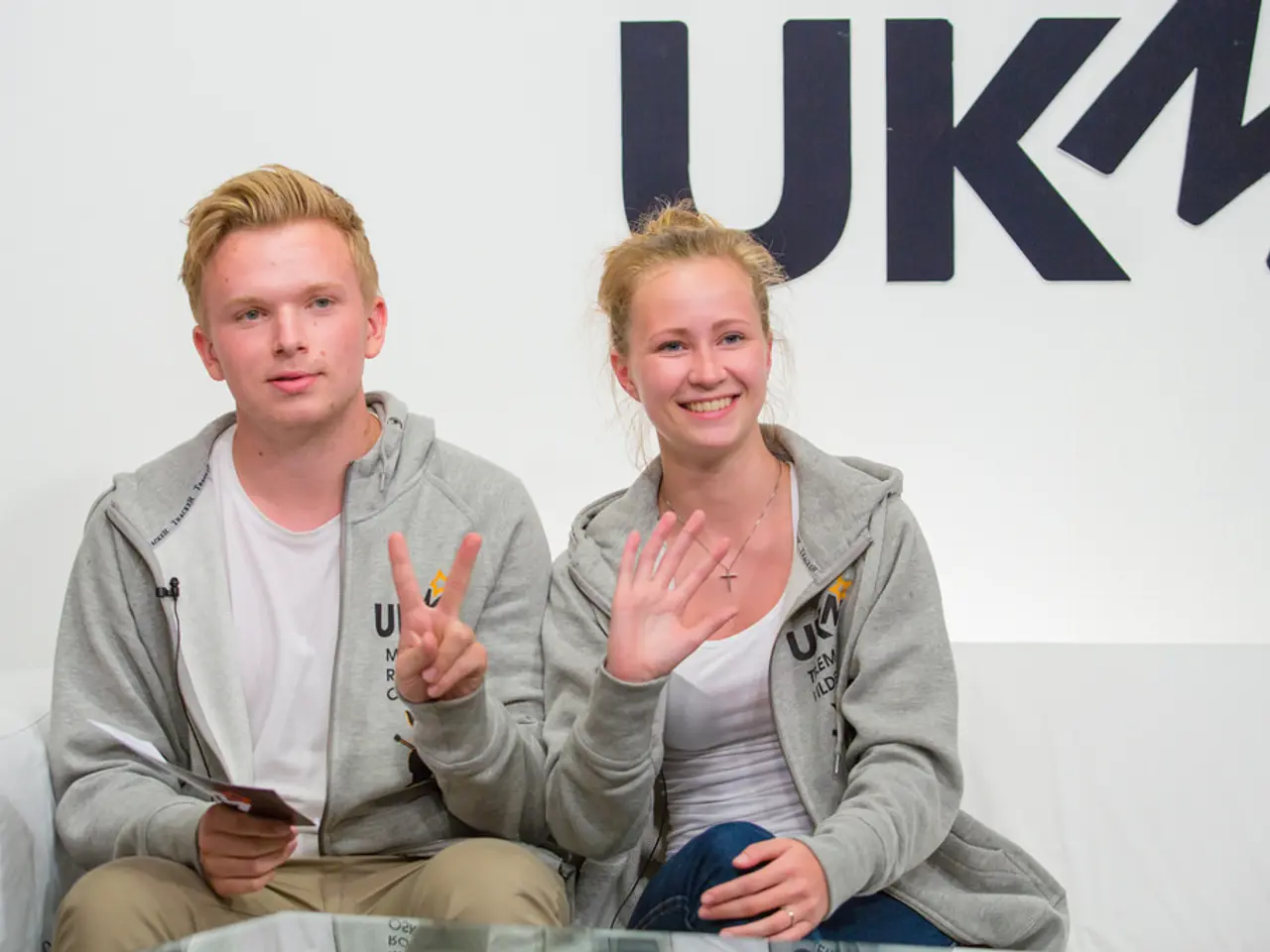British finance minister advocates for deepening financial ties with Germany
In a bid to strengthen economic ties with Germany and leave behind the challenging era of Brexit, the newly elected Labour government in the UK has outlined specific initiatives and strategies to collaborate in sectors with immense growth potential and shared goals, such as climate neutrality, artificial intelligence, and healthcare.
Rachel Reeves, the UK's Chancellor of the Exchequer and a member of the Labour party, has emphasised the attractive opportunities that the government's industrial strategy offers for German companies. Speaking in a guest article for the "Handelsblatt", she expressed her ambition to make the UK one of the most open economies in the world, with families in both countries set to benefit from her economic plans.
Climate Neutrality and Energy Cooperation
A significant focus of the strategy is the linking of the UK and EU's Emissions Trading Systems (ETS), potentially exempting the UK from EU carbon border taxes starting in 2026. This move could facilitate smoother trade and investment in green technologies between the UK and Germany. Both sides are also committed to climate security and sustainable development as important shared priorities, with a framework aimed at dynamic alignment with EU environmental rules and the establishment of dispute resolution mechanisms to ensure smooth cooperation.
Artificial Intelligence and Technology Collaboration
While explicit details on AI-specific initiatives are not yet available, the renewed EU-UK cooperation agenda suggests a broader push for alignment in digital and technological areas. Given Germany's strong industrial and technological sectors, it is likely that AI and digital cooperation will be a key area under the economic cooperation framework, which includes technology-driven industries and innovation. Collaboration on AI research, innovation, and regulatory standards could be facilitated through participation in EU institutions and initiatives.
Healthcare Cooperation
Detailed initiatives specifically targeting healthcare are not extensively detailed, but the cooperation agenda highlights mobility and agrifood sectors, which often intersect with health regulations and standards. The UK's ability to export agrifood products to the EU without additional sanitary and phytosanitary checks implies ongoing regulatory cooperation that supports healthcare standards in food safety between the UK and EU, including Germany. Continued alignment with EU standards and participation in joint research or innovation programs are likely pathways for healthcare sector collaboration.
Broader Strategic and Economic Partnership
The UK-Germany relationship is strengthened by the mutual defense pact, which signals a wider commitment to economic and technological collaboration. This pact includes increased defense spending and modernization, which could have spillover benefits for high-tech industries including AI and dual-use technologies. The UK government's national security strategy emphasises historic investments in defense and innovation, which indirectly support economic sectors linked to technological innovation and industrial competitiveness relevant to both countries.
In summary, the Labour government's strategy to strengthen economic ties with Germany centres on integrating climate policies (via carbon markets and energy cooperation), fostering technology and AI cooperation through EU-linked initiatives, and maintaining regulatory alignment in sectors impacting healthcare and trade. These efforts are embedded within a wider renewal of EU-UK relations, encompassing trade facilitation, security collaboration, and dynamic regulatory alignment.
The new Labour government plans to work closely with businesses in these sectors to attract investments and create jobs of the future. The UK and Germany, as the UK's second-largest trading partner, share common goals in the areas of climate neutrality, artificial intelligence, and healthcare, making this partnership a promising one for both nations. The new bilateral economic cooperation treaty is a central element of the new Labour government's plans.
[1] BBC News, "UK and EU agree to link carbon markets", 2022. [2] The Financial Times, "UK and Germany sign defence pact", 2021. [3] The Guardian, "UK and EU agree to 'dynamic alignment' on environmental rules", 2021. [4] The UK Government, "National Security and Investment Act 2021", 2021.
Businesses in the finance, industry, and technology sectors, including artificial intelligence, will find attractive opportunities in the UK due to the Labour government's industrial strategy, as emphasized by the Chancellor of the Exchequer, Rachel Reeves. The newly drafted bilateral economic cooperation treaty between the UK and Germany is a central element of the government's plans to strengthen economic ties, particularly in areas with shared goals such as climate neutrality, AI, and healthcare.




